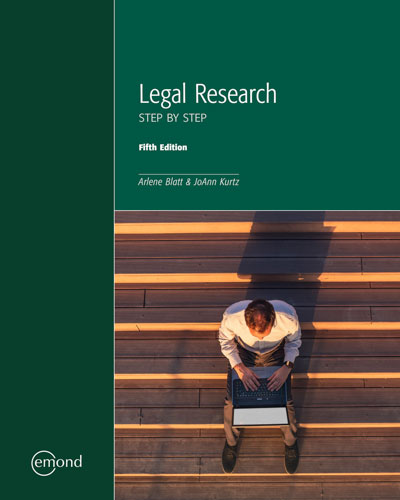Starting Your Research

When you are starting your legal research, think about your specific research problem and prepare a research plan. The resources on this page will help you analyze your research problem.
Key Aspects of Legal Research
- Finding relevant cases and legislation using textbooks, journal articles, encyclopedias and other reference tools.
- Verifying that the law is still valid and not overruled, repealed or otherwise questioned or criticized.
Key Techniques and Tips for Coming up with Keywords
- You will be a more effective searcher if you take time carefully analyzing the scenario.
- As you read through the scenario, highlight or jot down words and concepts you feel are key to understanding the situation.
- Recognize the broad and and narrow concepts involved. For example, if a scenario involved someone stealing a high-end sports car, a broad concept keyword would be "theft" and a narrow concept keyword(s) would be "theft over $5,000". Effective keyword searches can involve a mix of broad and narrow terms.
- When performing keyword searches in legal research databases, it is important to focus on using accepted legal terms and phrases. These types of databases will usually be restricted to official legal documents (legislation, case decisions, etc.) and they will adhere to using the accepted language of the law. So if you are searching for legislation regarding housing for seniors, a keyword search may be more effective if you use the term found in the law which is "Long-Term Care Homes".
- Review the guides listed below which go in to greater detail on a variety of techniques to help you develop effective keywords for your searches.
Guides to Keyword Development
-
University of Ottawa: Principles of Legal Research Learning ModulesGo to: Searching With Keywords & Boolean Logic



